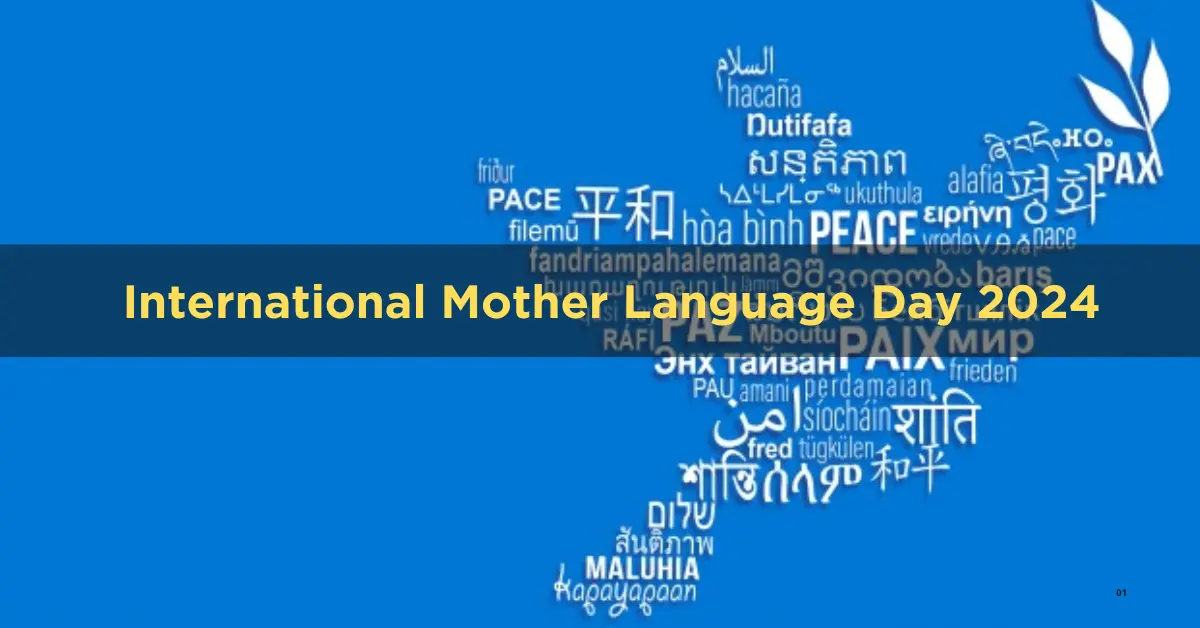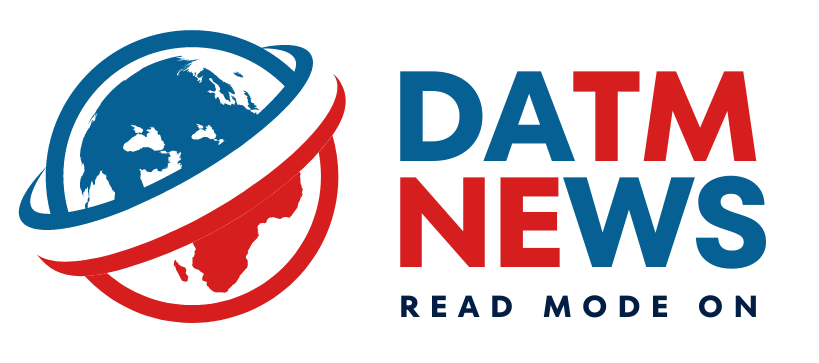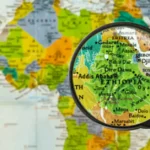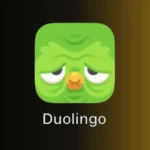Every year on February 21st, the world unites to celebrate International Mother Language Day. This year’s theme, “Multilingual education – a pillar of learning and intergenerational learning”, shines a light on the crucial role languages play in fostering inclusivity, preserving cultural heritage, and empowering future generations.
International Mother Language Day 2024: A Day for Reflection and Action
Established in 1999 by UNESCO, International Mother Language Day commemorates the tragic events of 1952 in Bangladesh, where students advocating for their linguistic rights were killed. It serves as a stark reminder of the importance of language diversity and the value of every mother tongue.
This year’s theme emphasizes the transformative power of multilingual education. Studies have shown that learning in one’s mother tongue can improve academic performance, boost cognitive development, and enhance self-confidence. It also fosters cultural understanding and promotes intergenerational learning, where knowledge and traditions are passed down from elders to youth.
Why Multilingual Education Matters?
Multilingual education, where learners use their mother tongue alongside other languages, offers numerous benefits:
- Enhanced Learning: Research shows that learning in one’s first language leads to better understanding, engagement, and critical thinking skills. This forms a strong foundation for acquiring additional languages later.
- Literacy and Inclusion: Unfortunately, over 250 million children still lack access to education, often due to language barriers. Multilingual education allows diverse communities to access education in their own languages, promoting literacy and inclusion.
- Cultural Preservation: Languages are vessels of cultural heritage and identity. By promoting mother tongue education, we safeguard cultural traditions and knowledge for future generations.
Also read: Remembering Rituraj Singh: A Look at his 6 Most Memorable TV Roles and Obituary
Challenges and Opportunities
Despite its advantages, implementing multilingual education faces challenges. Lack of resources, teacher training, and standardized materials can hinder progress. However, numerous initiatives are making strides:
- UNESCO’s International Decade of Indigenous Languages (2022-2032) focuses on revitalizing indigenous languages and promoting their inclusion in education systems.
- The Education Above All Foundation promotes multilingual education in conflict-affected areas, ensuring children have access to their mother tongue in challenging situations.
- Global partnerships like the Multilingual Education Policy Network bring together stakeholders to share best practices and advocate for multilingual education policies.
Celebrating Diversity: How You Can Get Involved
Everyone can play a role in celebrating International Mother Language Day and promoting multilingual education:
- Learn a new language: Embracing a new language opens doors to new cultures and perspectives.
- Support local initiatives: Advocate for multilingual education in your community, schools, or workplaces.
- Share your languages: Teach others your native language or participate in language exchange programs.
- Celebrate diverse voices: Read books, listen to music, and watch films in different languages.
A Call to Action: International Mother Language Day 2024
International Mother Language Day serves as a call to action for governments, educators, and communities to:
- Implement multilingual education policies: This includes providing educational materials and instruction in diverse languages, promoting teacher training in multilingual approaches, and valuing multilingualism in all spheres of life.
- Support and revitalize endangered languages: Initiatives like language documentation, community workshops, and digital language resources can help preserve linguistic heritage for future generations.
- Embrace linguistic diversity: Celebrating multilingualism through cultural events, media representation, and public awareness campaigns can foster understanding and respect for all languages.
Celebrating Every Voice
International Mother Language Day is an opportunity to celebrate the tapestry of languages that enriches our world. It reminds us that every language, regardless of its size or status, holds unique value and carries within it a wealth of culture, history, and identity. By promoting multilingual education and embracing linguistic diversity, we can build a more inclusive and sustainable future for all.
FAQs
1. When is International Mother Language Day celebrated?
It is celebrated every year on February 21st.
2. What is the theme for International Mother Language Day 2024?
Multilingual education – a pillar of intergenerational learning.
3. What are the benefits of multilingual education?
Improved learning, stronger cultural identity, literacy promotion, and social inclusion.
4. Why are so many languages endangered?
Lack of education resources, language discrimination, and dominance of certain languages.
5. How can I get involved in celebrating International Mother Language Day?
Learn a new language, support local initiatives, share your languages, and celebrate diverse voices through media.
6. What were the events that led to International Mother Language Day?
It commemorates the martyrs of the Bengali Language Movement in 1952, who were killed while protesting for their language rights.
Content Contributor: Rehana Sengupta









